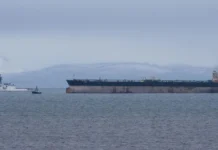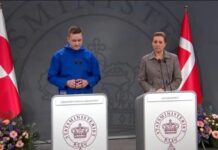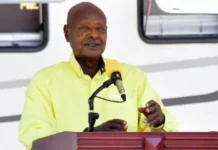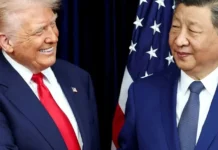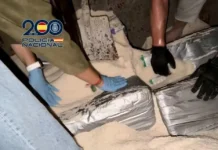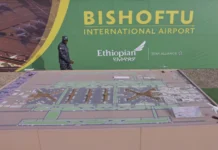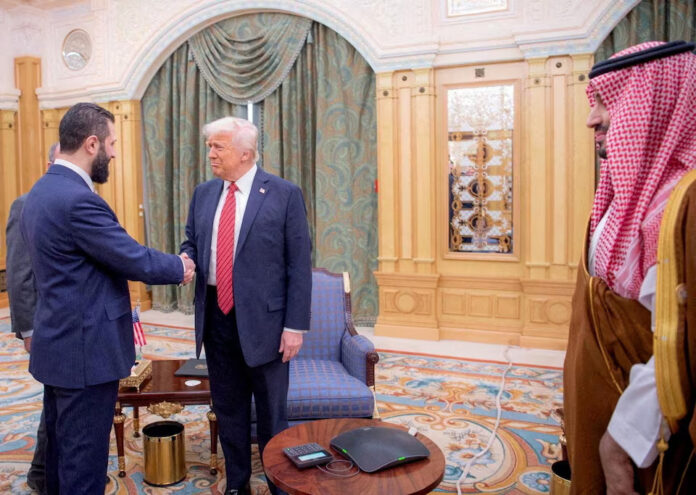
U.S. President Donald Trump on Monday pledged to “do everything we can to make Syria successful” following a historic meeting at the White House with Syrian President Ahmed al-Sharaa, a onetime al Qaeda commander who was until recently under U.S. sanctions as a designated terrorist.
The meeting marked the first-ever visit by a Syrian head of state to Washington and underscored a dramatic shift in U.S. policy toward Damascus, less than a year after Sharaa’s Islamist forces overthrew longtime strongman Bashar al-Assad.
Speaking to reporters after their talks, Trump praised Sharaa as a “strong leader,” saying the U.S. would support Syria’s fragile transition. “We’ve all had rough pasts,” Trump said when asked about Sharaa’s militant background. “But I believe he’s trying to move his country in the right direction.”
Behind closed doors, the two leaders discussed lifting economic sanctions and deepening security cooperation.
The U.S. Treasury Department simultaneously announced a 180-day extension of its suspension of enforcement of the 2019 Caesar Act, the sanctions law targeting Assad-era human rights abuses. Only Congress, however, can fully repeal the act.
Sharaa, 43, has spent the past year seeking international legitimacy after taking power in December 2024. His government has distanced itself from Iran and Russia, Assad’s former allies, and moved closer to Turkey, Gulf states, and now Washington.
On Monday, Syria also signed a political cooperation declaration with the U.S.-led Global Coalition to Defeat Islamic State, its information minister said on X.
Security cooperation was a key focus of the talks. Reuters reported last week that the U.S. is considering establishing a military presence at a Damascus airbase and brokering a potential security pact between Syria and Israel, an unprecedented move given decades of enmity.
The high-stakes visit came amid heightened regional tensions and reports of two recently foiled Islamic State plots to assassinate Sharaa, according to regional officials.
Over the weekend, Syria’s interior ministry launched nationwide raids that it said led to more than 70 arrests of IS suspects.
The visit’s tone was notably restrained. Sharaa, once the target of a $10 million U.S. bounty, arrived without the ceremonial fanfare typical for foreign leaders. He entered through a side entrance, and reporters only briefly caught sight of him. As he left, however, a small crowd of supporters waving Syrian flags cheered him outside the White House.
Trump’s outreach to Sharaa drew criticism from some Republicans, including Representative Marjorie Taylor Greene, who complained that the president was focusing too heavily on foreign affairs.
Trump fired back, saying, “I have to view the presidency as a worldwide situation. We could have a world on fire where wars come to our shores very easily.”
For Sharaa, the Washington trip was part of a broader campaign to end Syria’s isolation and attract investment to rebuild a nation devastated by 14 years of war. The World Bank estimates reconstruction will cost more than $200 billion.
Several lawmakers from both parties have urged lifting Caesar sanctions to facilitate humanitarian and reconstruction efforts, though some Republicans remain opposed. Analysts say Trump’s backing could tilt that debate.
Sharaa’s rise, from al Qaeda militant to world leader, remains one of the most remarkable political transformations in modern Middle Eastern history.
Once known as Abu Mohammad al-Golani, he was designated a global terrorist by Washington in 2013 but later broke with al Qaeda and repositioned himself as a nationalist leader. The U.N. Security Council lifted its sanctions on him and his interior minister just last week.
Trump’s meeting with Sharaa signals one of the most dramatic diplomatic reorientations of his presidency, a gamble that a former enemy can become a pivotal partner in reshaping the post-war Middle East.
Source: Reuters
Written By Rodney Mbua










